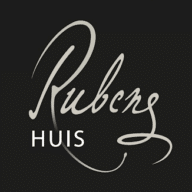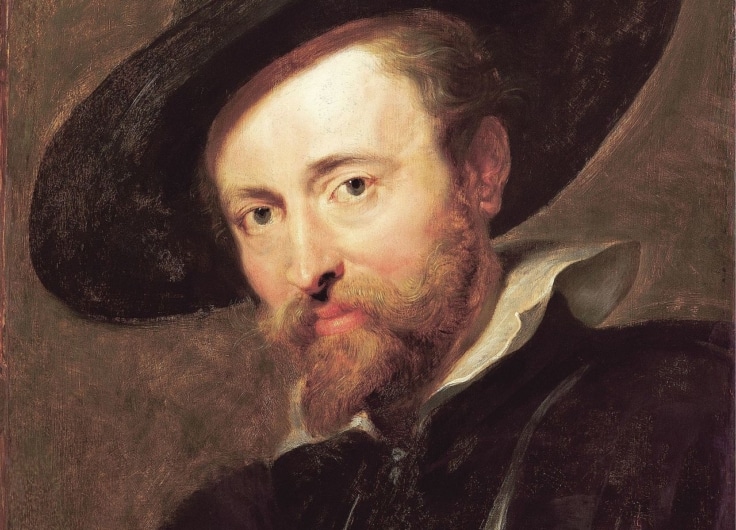Rubens House Wins European Heritage Award for Restored Portico and Garden Pavilion
The 2020 European Heritage Awards/Europa Nostra Awards saw the Rubens House honoured with one of the world’s most renowned heritage prizes for the restoration of its portico and garden pavilion. The Rubens House was one of 21 heritage institutions to be recognised. The jury commended not only the restoration of these features – the only remaining architectural elements by Rubens himself – but also the design and the installation of the glass canopy.
The restoration of the portico and the garden pavilion at the Rubens House was announced as one of the winners in the ‘Conservation’ category of the ‘2020 European Heritage Awards/Europa Nostra Awards’. Together with 21 prize-winners from 15 European countries in 6 different categories the Rubens House was recognised for this year’s awards. The restored portico and garden pavilion won in the most sought-after category, together with other institutions like the Museum of Fine Arts in Budapest (Hungary) and the Basilica of Santa Maria di Collemaggio in L’Aquila (Italy).
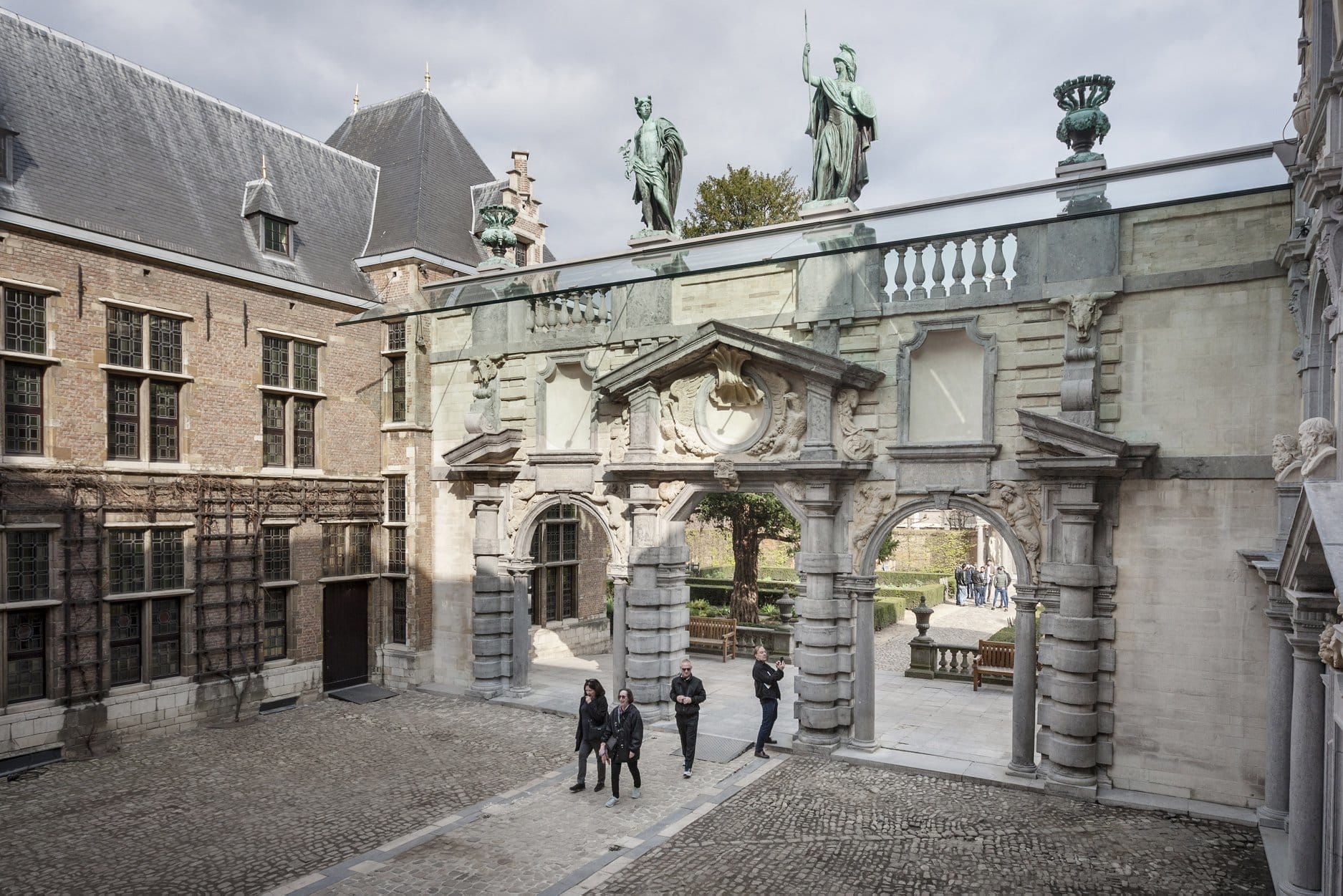 Restored portico and garden pavilion
Restored portico and garden pavilion© Ans Brys
The jury commended not only the restoration of these features – the only remaining architectural elements by Rubens himself – but also the design and the installation of the glass canopy. The museum worked for several years with numerous experts to prepare for the restoration of the portico and garden pavilion, before meticulously carrying out the works. The results of the restoration are stunning, further highlighting Rubens’ architectural skills. The ‘2020 European Heritage Awards/Europa Nostra Awards’ pay tribute to this long-term project and recognise the highly skilled and patient work of the conservators.
Members of the public are invited to vote online to help the Rubens House collect the Public Choice Award too. The winner will be announced after the summer and will receive a cash prize of 10,000 euros.
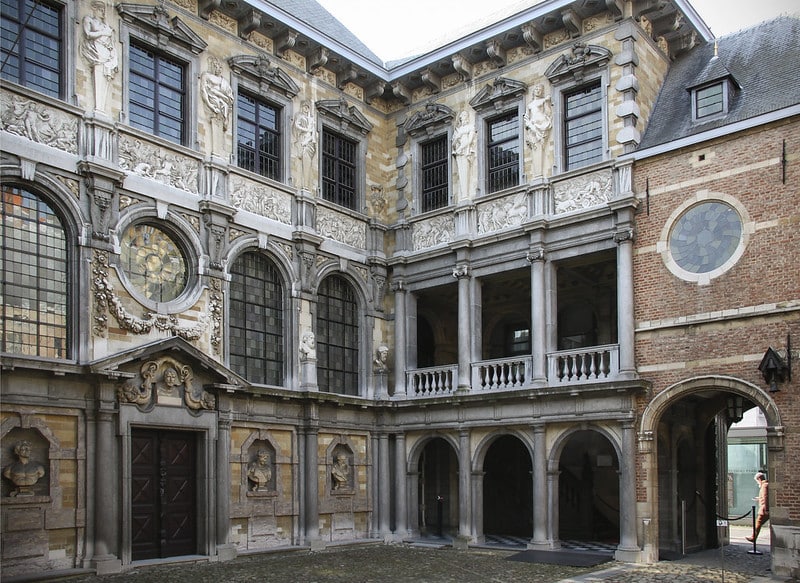 Rubens House
Rubens House© Flickr
Rubens as an architect
Following his return from Italy in 1608, Rubens introduced Antwerp to his fascination for classical and contemporary Italian architecture. He and his first wife Isabella Brant purchased a building and the accompanying land on the Wapper in Antwerp in 1610 and converted it into a self-designed Italian palazetto complete with semi-circular sculpture gallery, studio and a beautiful garden. Rubens only put his architectural ideas into practice once, but in doing so, he revealed a thorough knowledge of the subject. The improvements lent his home the air of an Italian palazzo and embodied Rubens’s artistic ideals: the art of Roman Antiquity and the Italian Renaissance.
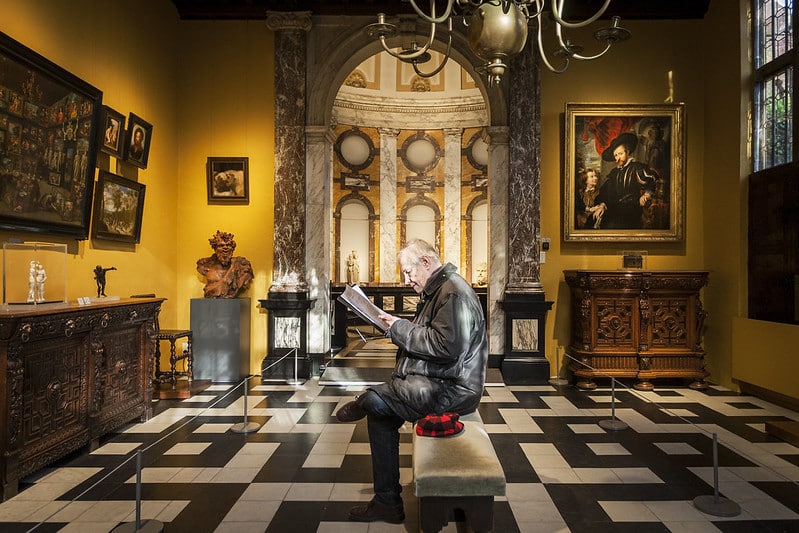 Interior Rubens House
Interior Rubens House© Ans Brys
Rubens’s city palace made an overwhelming impression on his contemporaries. The monumental portico and the garden pavilion began to appear in paintings by the likes of Anthony van Dyck and Jacob Jordaens shortly after they were completed. Rubens himself frequently used the structures as settings for his own paintings too.

